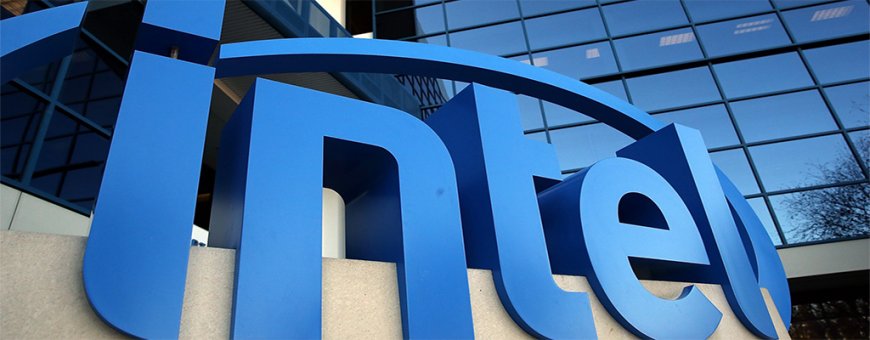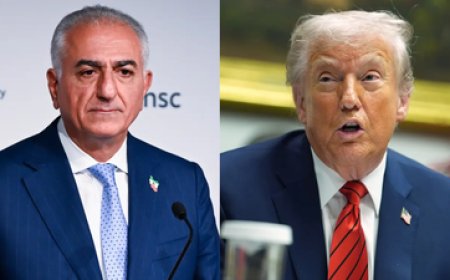Why U.S. and China Trade Talks Stalled

Stock markets wrapped up last week with the U.S. President and China exchanging complaints on international trade. Investors are growing increasingly immune to the noise. Stocks ended the week with a solid gain.
President Trump accused China of violating its trade agreement with the U.S. He said the tariff pause helped alleviate the economic hardships. However, he did not give any details on what China did wrong.
China’s embassy asked for the Trump administration to end semiconductor export controls. The embassy said that both sides continued to communicate, following negotiations in Geneva. Stock markets did not panic on the news. Chip stocks like Nvidia (NVDA), Taiwan Semiconductor (TSM), and AMD (AMD) were stable. Intel (INTC) traded lower, largely because of its ongoing underperformance in the artificial intelligence boom.
Debt Market Reaction
U.S. sovereign CDS spreads continued to edge higher. They are at levels comparable to countries rated BBB+. That included Italy and Greece. In the currency market, the Euro (FXE) is trending higher. Major currencies like the Yen (FXY) and the Canadian dollar (FXC) also rebounded sharply since April.
Debt markets continued to price at the risk of a U.S. default. Stock markets are increasing their bet against the ability of the U.S. to hold putatively high tariff rates on its trading partners. Firms sensitive to global trade are also steady. Automotive firms like Ford (F) and General Motors (GM) are in a trading range. Conglomerates like Johnson & Johnson (JNJ) are attracting investors seeking safety.













































